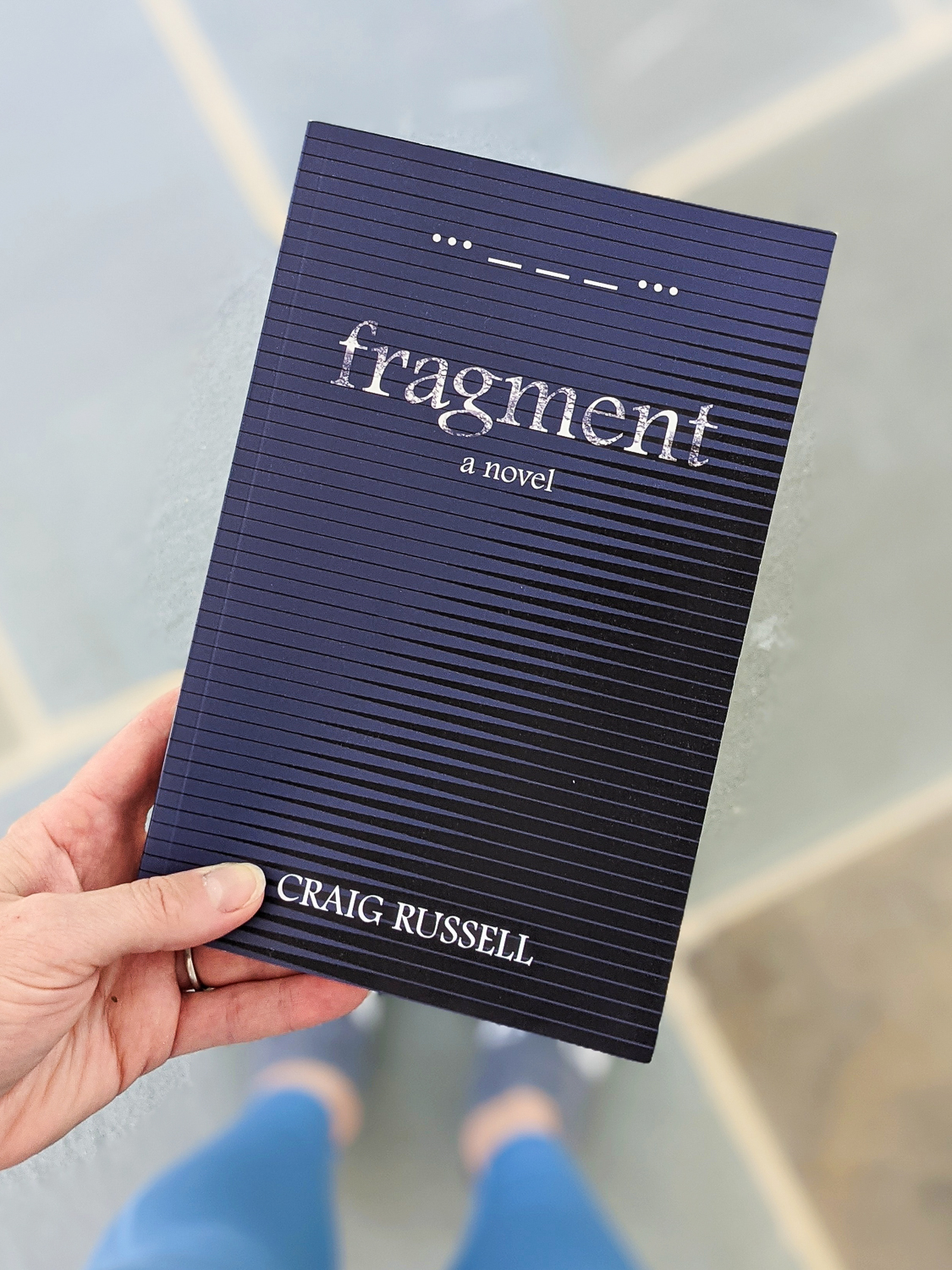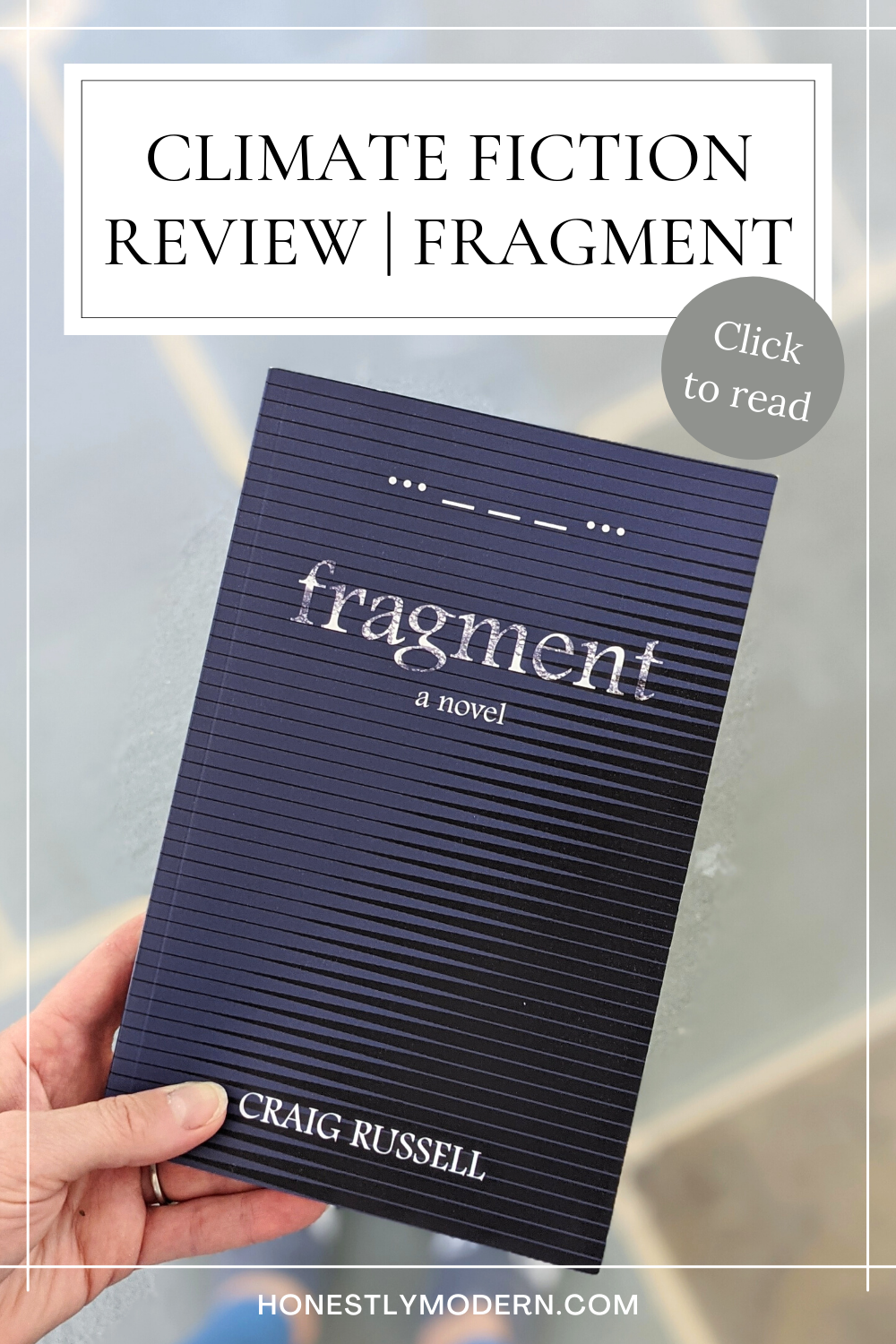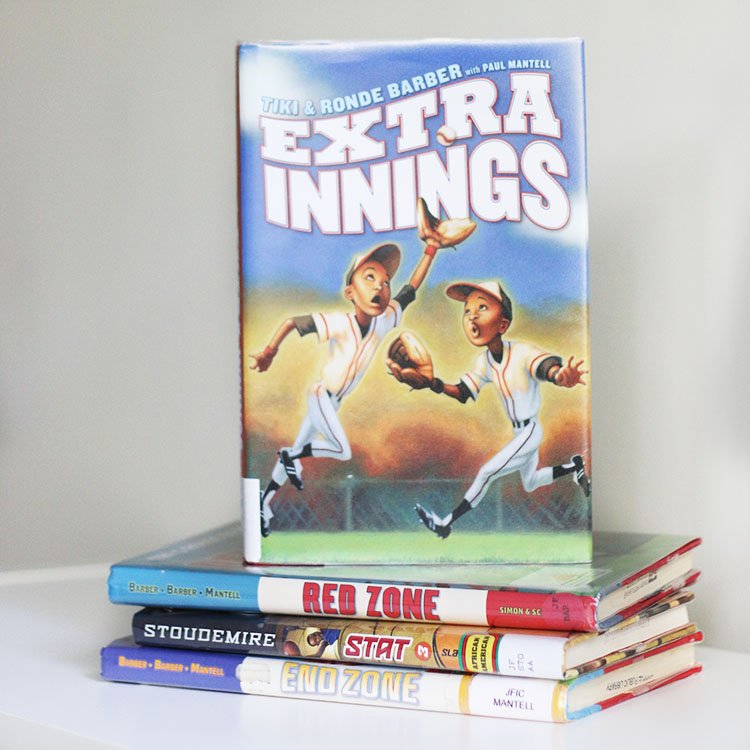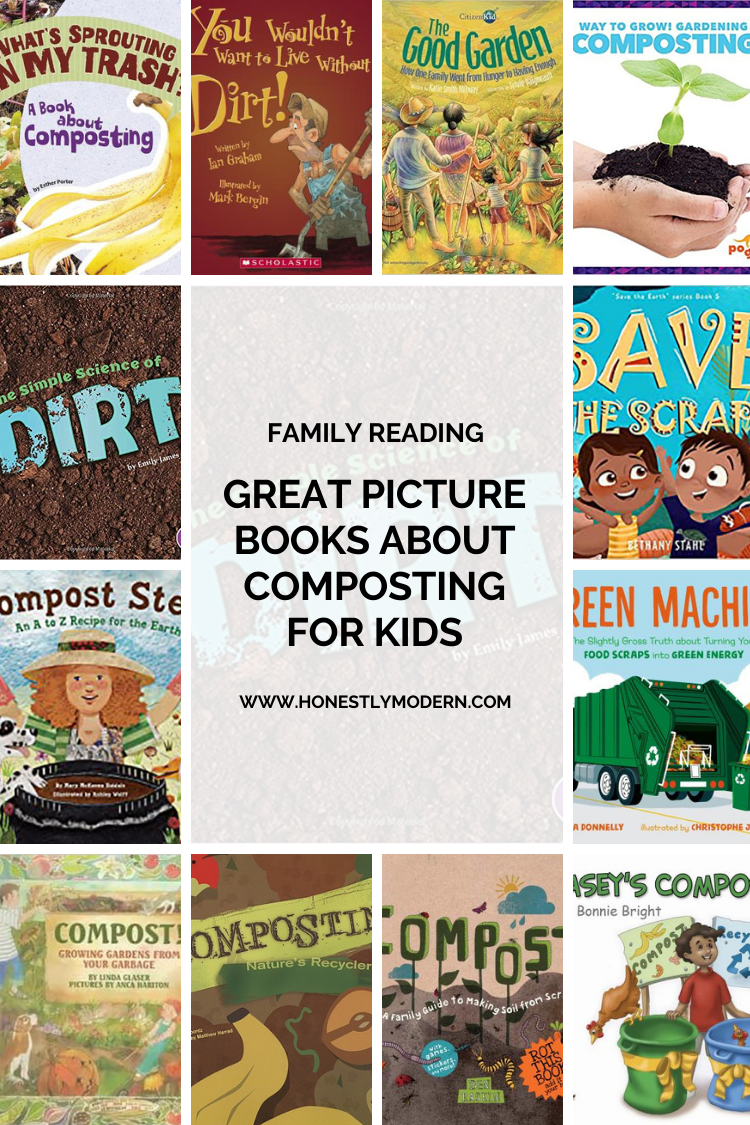Cli-Fi Books | Review of Fragment by Craig Russell
Do you read climate fiction (Cli-Fi)? Recently, I finished reading Fragment by Craig Russell. Below I’ve shared my review of the book.
Thanks to the author for providing me a copy of the book. I was not required to share about the book in exchange for receiving a copy, but I enjoyed it and chose to share it with you. All opinions are my own.

This post contains affiliate links.
Fragment tells the story of an enormous ice sheet, called the Fragment, that breaks off into the Southern Ocean after being pushed by several avalanching glaciers. Russell weaves together perspectives from many different characters to tell the story of this climate change-induced disaster.
Initially experienced by three climate scientists living and researching near the ice sheet, they barely survive the initial slide of the ice from the shelf into the Southern Ocean. They connect with United States Navy personnel on a submarine and develop communication with a blue whale through sonar equipment.
As they struggle to make sense of the event and move toward safety, various news reporters journey to the Antarctic waters to report on the event in hopes of sparking a promotion in their career. While dedicated scientists and everyday citizens seek to understand and learn from the event, the United States government deploys some shady tactics to protect itself and its interests from anticipated negative consequences of the climate change-induced disaster.
Eventually, the stories of all the characters, including the blue whale befriended by the scientists on the Naval submarine, come together while the Fragment charts its own historic course around the globe.
While some elements of this story seemed a bit of a stretch (it’s fiction, after all), I really enjoyed the story and read through it in just a few days. It was a fairly short book at just over 200 pages. The author didn’t develop any of the characters with particular depth. But for me, the story was more about the plot and how various self-interests intersect to respond to catastrophic consequences of climate change.
Climate Fiction Amplifies the Perspectives of Other Species
I really appreciated hearing the story from the perspective of the large blue whale (as far-fetched as that might seem in real life). Throughout the disaster, the whale takes great care and risk to inform his fellow blue whales about the impending crisis of the floating Fragment. As evolution intends, he wants to see his species survive this catastrophe and the greater anticipated wreckage of climate change.
I couldn’t quite follow the scientific explanations behind how the scientists onboard the Naval submarine used the sonar equipment to communicate with the whale, but it wasn’t really integral to the story. I think it was more important simply to respect and appreciate the perspective of a species other than humans.
The voice of the blue whale offers a wildly different perspective on the impacts of human behavior on the planet. Climate fiction allows us to personify the creatures harmed by our actions and create a better perspective on how we can be a more connected species in the greater ecosystem of our Earth.
It’s arrogant and limited to think that we are superior creatures in the grand scheme of life on Earth. The voice of the blue whale helps us see humans as part of the web of life instead of sitting atop it.
Near the end of the book, one character says “For all of history, the human race has been in solitary confinement. And as a person alone loses perspective, so too has our entire species list perspective.” Connecting and communicating with the whale (and more whales, as the book ends) reminds us to consider what other species might be experiencing and feeling as humans take their toll on the planet. We aren’t alone, and our actions impact more than just humans.
While we have plenty of social interaction between humans, we are but a tiny slice of nature and the global ecosystem both at this current moment in time and on the greater spectrum of Earth’s history. Humans are just one element of something much larger. Watching humans communicate with whales (even if it’s a bit far-fetched by today’s standards) and hearing about events from a completely different perspective, we begin to see our small existence as but the sliver of life on Earth it represents.
Climate Fiction Offers Vivid Visualizations of What May Come
I think climate fiction stories like this can also help us visualize the potential climate consequences of our actions more vividly. People engage with difficult issues through stories and human connections much easier than through complex scientific papers and media-fueled fear tactics.
Fragment, for example, helps readers see the monumental consequences of a giant iceberg floating through the oceans. Initial intuition suggests an iceberg would simply melt on its way to the equator. We don’t have ice there now, so how would an iceberg survive in that heat?
The story, however, demonstrates through storytelling (as opposed to scientific discourse) how seemingly intuitive science doesn’t pan out. The nuances of physics, chemistry, and other physical sciences lead this Fragment to be a much more powerful force than we first imagine, leaving massive death and destruction in its wake, even as it approaches warm climates.
Add Fragment to Your Climate Fiction Reading List
I really enjoyed this book and think it’s worth the read. The first couple of chapters cut right into the action. I found this a bit hard to follow, but it also caught my interest quickly and the connections between characters became clearer mid-way through the novel.
I’d love to hear your thoughts on the book if you’ve read it. Do you have any other climate fiction books you’ve read? Share in the comments so we can check them out.









